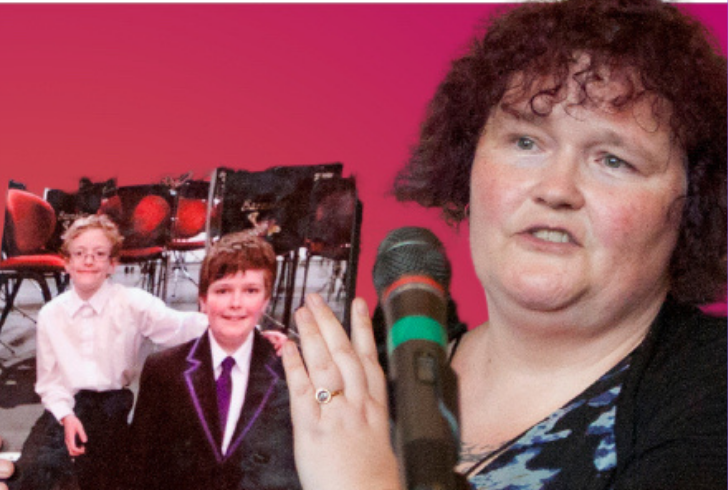Challenging the “Parental Contact Is Best” Presumption in Family Courts
The UK government is preparing a major update to family law. Soon, courts may no longer assume that contact with both parents is always best for children. This shift aims to protect children when abuse is present.
The Ministry of Justice (MoJ) reviewed new evidence showing that this long-standing presumption can lead to harm. Under current law, the 1989 Children Act guides courts to favor involvement from both parents. However, that belief often delays protective action when one parent poses a risk.
Now, the government plans to repeal that part of the law. This change will make decisions faster and safer for children in vulnerable homes.
Driven by a Mother’s Fight for Justice

Instagram | @coventryhaven22 | The reform is a result of Claire Throssell’s advocacy after her sons, Jack and Paul, were killed by their father.
This reform follows years of advocacy from Claire Throssell, who lost her sons, Jack and Paul, in a tragedy caused by their father. Despite threats to kill them, the court allowed him visitation. He later set their home on fire, taking their lives.
Throssell, now an ambassador for Women’s Aid, has called the current law outdated and dangerous. She believes removing this presumption will save lives. On BBC Radio 4’s Woman’s Hour, she shared that she made a promise to her son Paul as he lay dying. She said, “I’ve waited 11 years. I can’t wait 11 more.”
Her tireless campaign has finally led to national reform.
Government Support and Next Steps
Deputy Prime Minister David Lammy praised Throssell’s courage. He said, “As we move this law forward, we honor Jack and Paul and protect future children.”
The MoJ confirmed it will introduce legislation once parliamentary time allows. With this change, judges can limit contact faster when a parent presents danger.
Domestic abuse charities welcomed the move. Farah Nazeer, chief executive of Women’s Aid, said it is “an important first step.” She added that deep-rooted “pro-contact” attitudes in family courts must also change. These beliefs, she explained, have too often put lives at risk.
Part of a Wider Safety Plan

Freepik | ahmadzada | The government takes stronger action to protect women and children from harm.
The government is also tackling other risks to children and women. New proposals include restricting parental rights for rapists whose crimes resulted in birth. Parents convicted of serious sexual offenses against children will also face limits on parental responsibility.
According to the MoJ, these steps support the mission to reduce violence against women and girls by half within ten years.
Building a Safer Future for Children
This change represents more than a legal update—it signals a shift in culture. Family courts will focus on safety and welfare, rather than outdated assumptions.
Child advocates believe this step will save lives and build a system where children are truly heard. By prioritizing the safety and emotional well-being of those who need it most, the law will protect them.
The move also sends a clear message: protecting a child always takes precedence over preserving contact. With continued reform and awareness, the future of family law looks far safer for generations to come.